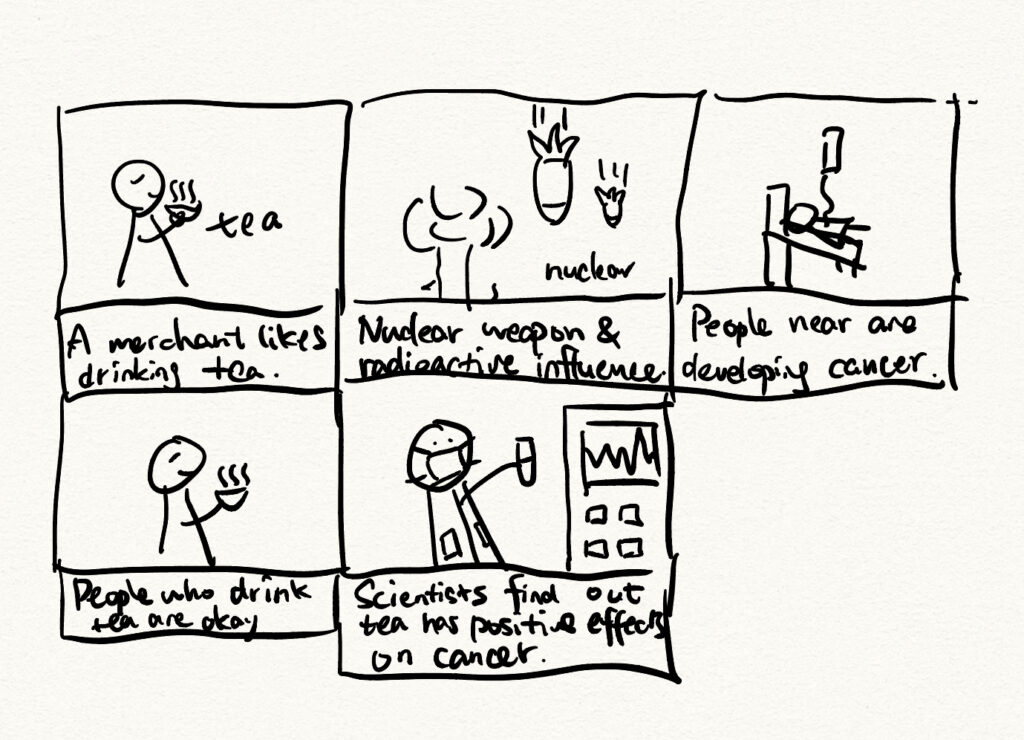
Storytelling is such a powerful tool in educational concepts. I remember reading a book called A Dog Money that teaches people on personal financing. The story starts with a girl who finds a dog that could talk and this dog named Money teaches the girl a lot about managing her pocket money and finally gets her dream come true by showing her how to earn and save money. The story was very interesting and engaging because the girl’s “dreams” are so relatable. She wants to travel and go to college and her experience of doing part-time jobs to earn her pocket money sounds like it could be everyone’s story. The setting of a dog that could talk and is knowledgable in personal financing is interesting and makes me want to read more.
The story does not tell a story for the story’s sake, but focuses on the learning outcomes which are the readers financial intelligence. It presents the lessons through a magic dog who could talk and guide the girl. The girl’s story in which her dream comes true through financing is also inspiring and motivates me when I read it.
Short Story Script

A merchant who ships and sells tea loves drinking tea in his spare time. He drinks all kinds of tea and he would have at least 3 cups a day. A city near his was unfortunately destroyed by nuclear weapons and his city was also influenced by the radiation from the weapon. He was lucky that he had minor symptoms. Later he found out that people who drinks tea often have similar situations like his. This wasn’t found out by the scientist until decades after that the polyphenols that are rich in tea have positive influence on curing cancer.
2 Responses to “Blog Post 6: Storytelling”
Hi Qiaoyang,
I totally agree with your point of view. Passing knowledge in the form of stories can make learners memorize knowledge more firmly. At the same time, you also made me notice that stories can not only make learners have a deeper memory, but also attract learners to pay more attention to this knowledge point.
I’m curious that through this week’s study, I’ve learned that teachers’ personal stories can give teachers and students trust in each other. Teachers build a friendly learning environment while telling stories. However, you say the purpose of storytelling is for student learning outcomes. I wonder if putting too many knowledge points in the story makes students disgusted? How can a teacher detect that his story helps students create better learning outcomes?
Hi Qiaoyang,
I agree with you, it’s really deep. Storytelling is not just for storytelling. Rather, it conveys the storyteller’s point of view and the knowledge and truth that he wants to pass on to others.
On the other hand, if you want to use storytelling as a tool for conveying knowledge, which stories are worth conveying?